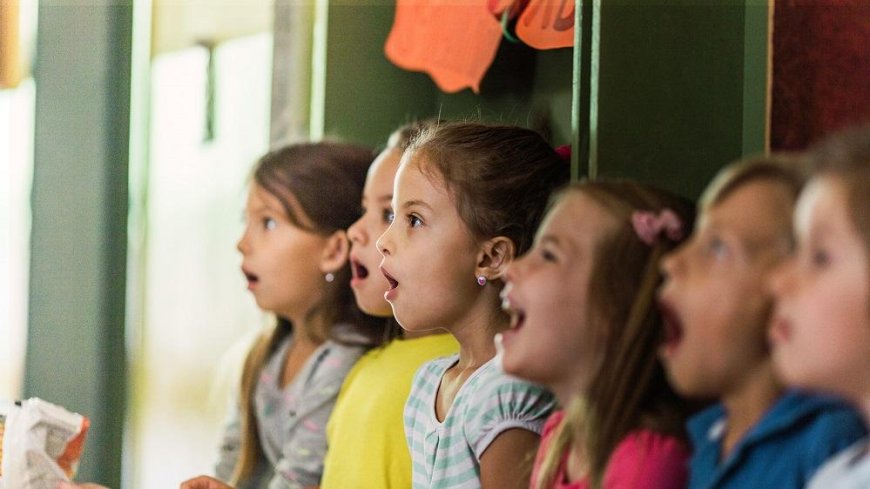Phonological awareness in young children - how does it develop?
awareness. Children begin to develop this trait at a very young age without even realizing it. Phonological awareness in young children.Â

Phonological awareness is the basis of any type of human verbal communication. Have you ever asked yourself why we speak a certain way? Or how do children learn to pronounce sounds and sounds that slowly turn into words? All of this has to do with what is known as phonological awareness. Children begin to develop this trait at a very young age without even realizing it. Phonological awareness in young children.
What is phonological awareness in children?
The concept of the phenomenon
Phonological awareness is the basis of any type of verbal communication. Without sounds, we cannot verbalize words, let alone ideas and ideas.
We begin to develop this part of the language as young children. However, it changes and matures throughout our lives. Some examples may be diction improvement or learning new languages ‹‹with their specific sounds and specific pronunciation.
Phonology in infancy
Let's start from the beginning: how do you talk to a toddler? You are undoubtedly not using the same tone or the same complexity as when talking to older children or adults.
Thanks to this phenomenon, called babble, your baby learns the sounds and words that make up our language in an intuitive way.
Phonological awareness in children
At this stage, it is necessary to constantly imitate and repeat. Pronunciation is a complex process that requires many parts of the throat, glottis and mouth to act, which means that it is not easy to master. In addition, it requires many thought processes taking place in the speech center of the brain.
For example, when you tell babies something simple like "mama", they try to mimic you over and over until they find the right position to say the letter m. And every time they learn a new sound, they repeat it over and over again. This perpetuates their language position for uttering a given word.
Effects of phonological awareness in children
Phonological awareness is defined as the ability that gives us access to the structure of spoken language and awareness of the phonological segments of words. This skill is essential for learning the written language. Therefore, it is very important to learn the correct speech and articulation in childhood.
Must Read: China tightens its measures against crypto currencies and GPU prices fall
In schools, children first start learning through verbal exercises. The teachers then teach them the appropriate sounds and letters.
Remember that rewriting lines and syllables is very necessary in the early years. The complexity of tasks increases as children grow up, and that's when we learn to write the words and phrases they say.
Gradually, children learn that not everything they say or write is correct. After all, there are rules that dictate our language. This is the point where some teachers or parents realize that some children may have some degree of dyslexia. However, dyslexia is not an obstacle today.
Maximizing phonological awareness in children
Imitation and repetition
As we said, this is the most common method that babies and children use. But who said it isn't useful for teens and adults as well? It is true that the older we get, the longer it takes to adjust to new phonological rules. However, it is by no means impossible. After all, speech development continues throughout life!
We can perfect our pronunciation in our own language or in other languages ‹‹of all ages¦ We just need a good example.
Try to repeat words with similar sounds as in puzzles, TV shows, or mimic the accent or pronunciation of others. The more children practice this skill, the easier it will be for them to adapt.
Phonological awareness in children
Reading and reading
It is very important to read aloud or listen to adults read and then follow. In addition, if you find a booklet with multiple characters, it makes sense to role-play and read aloud together. This helps children to combine spoken and written language.
Any type of reading is beneficial to your child's development. Instilling this habit in children is not only beneficial when it comes to writing and speaking. It also helps broaden their vocabulary, creativity and imagination. At the same time, it helps them learn to speak in public.
Additionally, a speech therapist and some teachers may suggest some language exercises that you can use to help your child develop speech abilities at home. Nobody is perfect after all, but everyone has the capacity to improve.
